Approved by the Board of Trustees of Rockland Community College on October 21, 1999. Amended on September 20, 2007
- Contents
The President and the Board of Trustees of Rockland Community College recognize that all members of the College community must observe standards of ethical conduct to fulfill the College mission with integrity and assure public confidence in the institution. The purpose of this policy is to set forth rules of ethical conduct and procedures for disclosing potential conflicts of interest.
In order to provide a framework for guiding ethical conduct, the President and Board of Trustees of Rockland Community College adopt the following statement of values for all members of the College community to uphold.
Statement of Values
INTEGRITY
|
EXCELLENCE
|
EDUCATION
|
VISION
|
DIVERSITY
|
DEDICATION
|
Definitions:
Interest – A monetary, personal, or material benefit
Relationship – A familial kinship, personal association, or business interest
Conflict of Interest – The opportunity to advance one’s own interest, or the interests of others with whom one has a relationship, in a way harmful, or potentially harmful to the interest of the College. The existence of a relationship or interest that inhibits a member of the College community from exercising independent judgment in the best interest of the College.
Conflicts of Interest
The College prohibits undisclosed conflicts of interest or potential conflicts of interest. Knowingly acting and/or persisting in a conflict of interest is unethical. When a potential conflict of interest arises, the individual in conflict has a duty to avoid or eliminate the conflict, or disclose the situation to the Department of Human Resources. Failure to report a conflict of interest will result in appropriate administrative action by the College.
The College will attempt to resolve conflict problems so that no one is unfairly disadvantaged.
Examples of Potential Conflicts of Interest
The following examples illustrate situations that may constitute a conflict of interest. This list is not comprehensive and does not limit the scope of this policy.
- Favoring of Outside Interests for Personal Gain
- Exerting influence on the discussion of, or voting on, College decisions relating to agreements, programs, and/or services to the advantage of the individual or person with a relationship to that individual.
- Exerting influence on the decision to purchase, lease or terms of lease of services, equipment or materials for the College to the advantage of the individual or person with a relationship to that individual.
- Exerting influence on students to purchase services or materials to the advantage of the individual or person with a relationship to that individual.
- Engaging in a College agreement or service contract with a third party in which either the individual or a person with a relationship to that individual has a financial or other interest.
- Managing (or supervising or controlling) and/or directing (or guiding or conducting) a College program to serve the needs of a third party in which either the individual or a person with a relationship to that individual has a financial or other interest.
- Accepting gifts greater than $50.00 in value, or special favors for personal gain from private organizations or individuals with whom the College does business, or from students or colleagues, without complete disclosure to and approval from the person’s supervisor.
- Inappropriate Use of College Personnel, Resources, or Assets
- Using College students or staff on College time to carry out work for an enterprise in which either the individual or a person with a relationship to that individual has a financial or other interest.
- Unauthorized and non-reimbursed use of College resources or facilities to benefit a private concern in which either the individual or a person with a relationship to that individual has a financial or other interest.
- Inappropriate Use of Information
- Using for personal gain or other unauthorized purposes, information acquired as a result of the individual’s College activities; such information might include knowledge of forthcoming developments requiring contractor selection, etc.
- Unreasonably delaying publication of information or premature release of information to secure personal gain or to secure gain for a person with whom an individual has a relationship.
- Employment and Evaluative Relationships
- Participating in the selection, supervision, evaluation or discipline of a student or employee with whom the individual has a relationship.
- Participating in any employment decisions involving a person with whom the individual has a relationship.
Procedures
The Director of Human Resources will distribute the Code of Ethics policy and the Disclosure of Potential Conflicts of Interest form to all current employees. All new employees will receive the policy and the form during personnel orientation. Staff will be instructed to read the policy carefully, complete the form, present the form to their manager for review and signature, and then return the form to the Human Resources Office. The forms will become part of the employment record.
The Director of Human Resources will review all forms and discuss disclosed conflicts of interest with the appropriate Vice President having supervisory responsibility for the employee who disclosed the conflict of interest or potential conflict of interest. The Vice President will then make a recommendation to the President for consideration and additional action, as appropriate.
The Director of Human Resources will distribute the form annually to all employees to solicit disclosure of any new potential conflicts of interest. Employees are expected to use the Disclosure form to report potential conflicts of interest at the time they arise.
